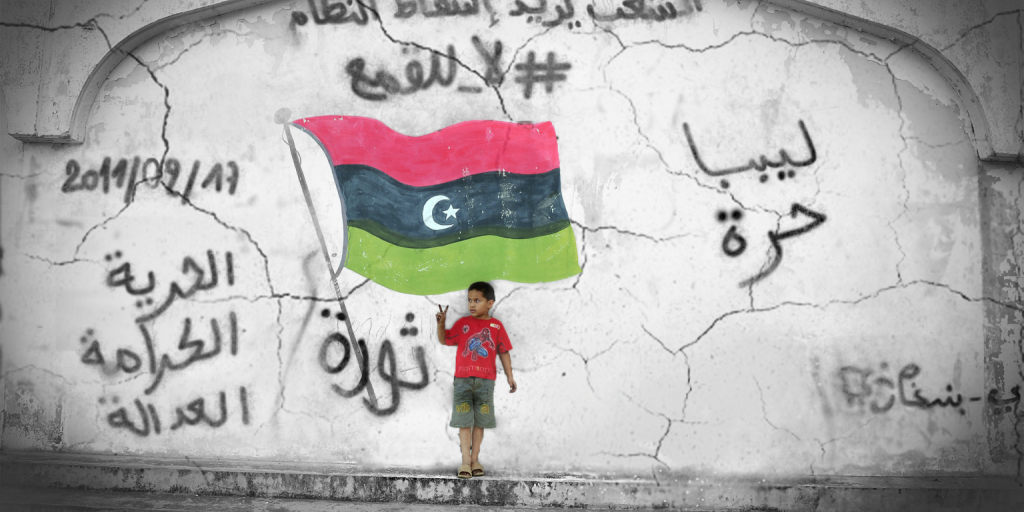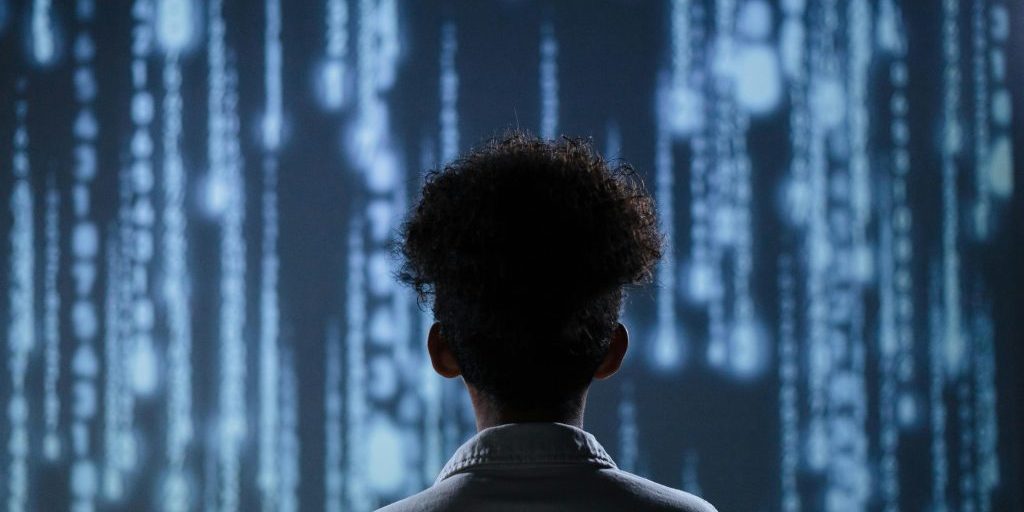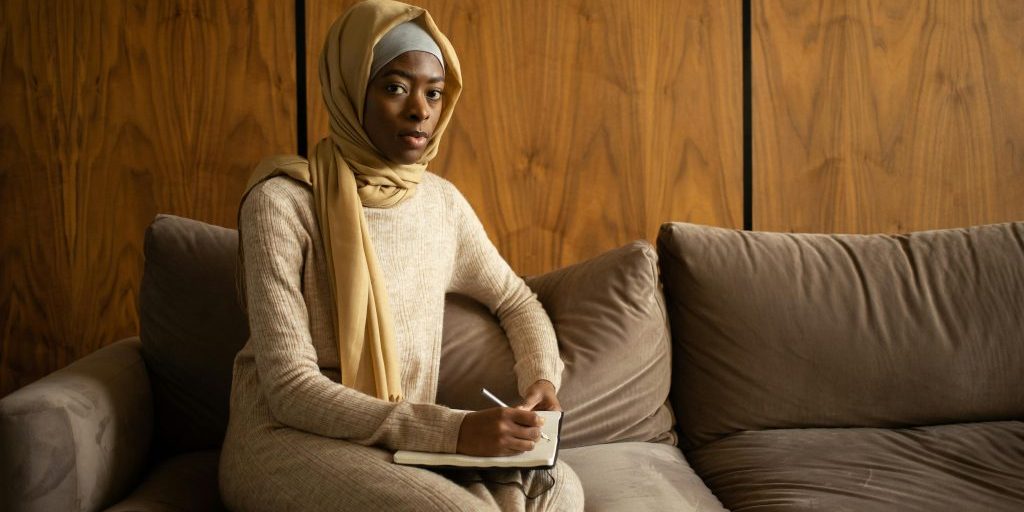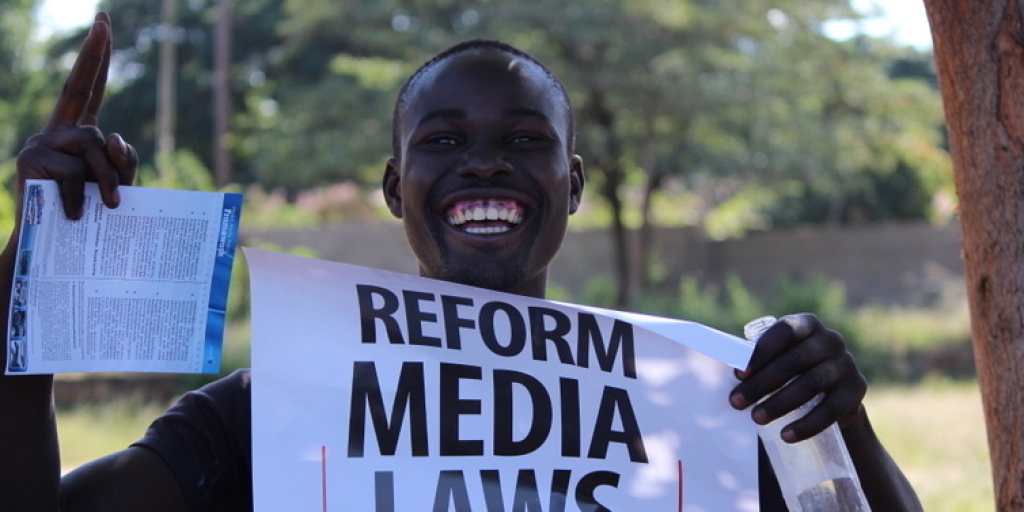Lawlessness, rhetoric and entrenched repression: fourteen years after Libya’s revolution
As Libya marks the 14th anniversary of the 2011 revolution that toppled Muammar Gaddafi, the country faces an escalating human rights crisis.
Initial aspirations for democracy and justice have been eclipsed by systemic repression, political fragmentation and widespread abuses by armed groups operating with impunity.
Fourteen years after the fall of a ruthless dictator who ruled for more than three decades, Libyans remain subjugated under many of the same repressive laws used in the Gaddafi era to silence dissent and imprison opponents.
In Libya’s fractured landscape, governing authorities are mainly divided between the western Tripoli-based Government of National Unity (GNU) and the eastern political and military institutions under Field Marshal Khalifa Haftar’s oversight.
Both have cemented their authoritarian rule, using an increasingly extreme religious discourse to enforce control on every aspect of citizens’ lives, and suppress opposition.
Repression has permeated every sector of society, targeting journalists, civil society actors, women and even ordinary citizens who express dissenting views or fail to conform to imposed social or religious norms
‘Fourteen years after the revolution, instead of reining in the militias that terrorise Libyans, western and eastern authorities instrumentalise regressive religious discourse to tighten their grip on ordinary citizens, seeking to control every aspect of their public and private lives—dictating what they wear, what they listen to and how they behave,’ said Ziad Abdeltawab, Deputy Director of the Cairo Institute for Human Rights Studies.
‘Urgent action is needed to break this cycle of repression and violence. Without concrete steps toward rule of law and genuine political reform, Libya risks further entrenching authoritarianism and abandoning the vision of a democratic, rights-respecting state.’
Western and eastern authorities have intermittently waged war against each other since 2014, and continue to vie for power; their protracted division has plunged the country into paralysis. The prolonged political deadlock has allowed armed groups to expand their influence, commit human rights abuses with impunity, and solidify their control over state institutions.
As shown in a recent UN Security Council report, armed groups have entrenched themselves within Libya’s political and economic institutions, exerting unprecedented influence over governance structures.
In the west, these groups manipulate government bodies to serve their interests, while in the east, the Libyan Arab Armed Forces (LAAF) maintain absolute control over governance and economic resources.
These groups have expanded their wealth through fuel smuggling, illicit taxation, and revenue extortion from state-owned enterprises.
Over the past two years, western and eastern authorities have increasingly used morality-based arguments to consolidate authoritarian control, particularly targeting women and civil society.
For example, on 6 November 2024, the Tripoli-based Libya’s Minister of the Interior, who belongs to the UN-recognised Government of National Unity, announced plans to establish a ‘morality police’ and enforce mandatory veiling on women.
Meanwhile, the eastern Interior Ministry imposed a prior security and cultural clearance for any artistic work, specifically targeting rap songs as they ‘contain obscene language, encourage the exploitation of minors, and directly incite crimes and rebellion against the family’.
Morality-based rhetoric has also been weaponised against civil society in repeated efforts to discredit activists and further justify their repression. For example, Lotfi al-Harari, Head of the Internal Security Agency (ISA) in western Libya, accused civil society organizations of espionage, proselytism, and incitement to homosexuality in a recent press conference.
Authorities in the west and the east have continued to use Gaddafi-era laws to stifle opposition while also adding their own repressive legal arsenal to the already restrictive legal framework.
Law No 19 of 2001 grants the State excessive control over civil society organisations, including their formation and funding, while Article 206 of the Penal Code criminalises opposition groups and exposes them to severe penalties, including the death sentence.
Law No. 65 of 2012 restricts peaceful protest by imposing strict prior authorisation requirements. Law No. 3 of 2014 on Counterterrorism broadly defines terrorism to allow the prosecution of activists and journalists. The 2022 Cybercrime Law expands government surveillance while criminalising online dissent
These legal tools collectively suppress dissent and restrict civic space under the pretext of security and moral protection. Despite these challenges, activists and youth groups strive to sustain their political engagement, though at great risk.
The judiciary remains weak and susceptible to pressure from both political actors and armed groups.
Migrants and asylum seekers in Libya are subjected to inhumane conditions, including torture, trafficking, slavery, forced labour and sexual violence in arbitrary and indefinite detention controlled by state-affiliated forces, militias and smugglers.
The United Nations has reported that many of these facilities operate outside of legal oversight, enabling systemic abuse and exploitation.
The final report of the former UN Fact-Finding Mission (UNFFM) on Libya highlighted credible risks of complicity from European policy-makers with these crimes which have still not been addressed by the EU or EU member states.
In the Reporters Without Borders (RSF) Freedom of Media Index for 2024, the organisation wrote that, ‘since the death of … Gaddafi in 2011, the country has been mired in a deep crisis’.
‘Media and journalists often find themselves forced to serve one of the parties to the conflict, to the detriment of editorial independence.
‘Libya is a true information black hole. Most media outlets and reporters have fled the country. Those who remain try to ensure their safety by working under the protection of one of the warring factions, and foreign journalists can no longer cover the situation
‘Traditional media, having taken sides in the conflict, can no longer play their role of ensuring free, independent and balanced reporting that reflects the real issues facing Libyan society, especially the aspirations of young people.
‘The latter turn to social media for open dialogue, but it’s a platform that is conducive to radicalisation and the dissemination of hate speech. Several initiatives aimed at promoting a new, more independent media model have nonetheless emerged.
‘No regulatory agency or framework law guarantees access to information, or respect for media pluralism and transparency. No law guarantees freedom of expression, journalists’ safety or the right to reliable information.
‘Some laws currently in force concerning freedom of expression are more than 50 years old. Press offences are punishable by imprisonment.’
Libya was ranked 143rd out of 180 on the Index.
- Read RSF’s entire analysis here
South African photojournalist Anton Hammerl was shot and killed in the Libyan desert on 5 April 2011 by pro-Gaddafi forces.
VOA wrote in December 2024 that a legal team had ‘filed a case at the UN Human Rights Committee against Libya on behalf of Hammerl and his widow, Penny Sukhraj-Hammerl, hoping to finally achieve justice in the photojournalist’s death’.
‘We still don’t have any closure,’ Sukhraj-Hammerl told VOA. ‘After learning of his death, to have no body, to have nothing, it almost is impossible to still accept. It’s a long game, but we’re not giving up’
‘Based in New York, the Human Rights Committee functions like a court.
Caoilfhionn Gallagher, who is leading the legal team, told VOA that ‘the two primary goals from the case are to recover Hammerl’s remains and hold accountable those responsible for his death’.
‘It’s often said that no journalist wants to become the story. But 13 years ago, Anton Hammerl became the story when he was killed,’ Gallagher was quoted by VOA as saying. ‘His family wants to ensure that his story is told, and that there’s accountability.’




